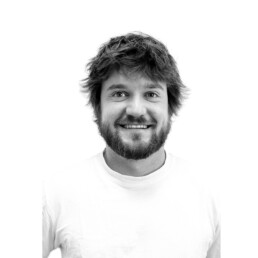
Internal Cycle of Seminars at IMEDEA (CISI) consist on a cycle of seminar presentations given mainly by doctoral students, masters and junior postdocs, although it is not closed to other staff, such as visitors and staff, that take place every Friday from 12:00 p.m. to 12:30 p.m in the seminar room os IMEDEA.
This represents a great opportunity to learn more about the research carried out at the Institute and to bring those with less experience , the chance of increasing their presentation and public speaking skills. Afterwards, there will be coffee and some biscuits 😉 We strongly encourage you to participate. Join us!
Previous Seminars
Internal Cycle os Seminars IMEDEA - Julia Castro «Posidonia oceanica meadows as nursery habitats for fish»
Asbtract
Seagrass meadows provide essential ecosystem functions and services. They serve as nursery habitats for fish, and the structural complexity is a key factor influencing this function. Despite their ecological importance, seagrasses are being degraded worldwide at an alarming rate, leading to a significant loss of habitat structure. In response to this trend, restoration projects have been developed in recent years, aiming to recover both habitat structure and associated functions We assessed the recovery of habitat structure and the associated nursery function within a restored Posidonia oceanica meadow. Additionally, we conducted habitat selection experiments with two species, Diplodus annularis and Symphodus tinca, to evaluate if they actively select seagrass habitats based on structural complexity. Our results revealed that, despite the presence of some fish species in the restored area, neither the structural complexity nor the nursery function had fully recovered. In the choice experiments, both species exhibited a clear affinity for seagrass habitats over unvegetated areas, demonstrating their ability to actively selected habitats based on visual cues. However, the response in occupancy patterns to increasing seagrass complexity was species-specific.Understanding how juvenile fish respond to changes in seagrass habitat features is crucial for quantifying the nursery service provision and for identifying effective measures to accelerate the restoration process.
Link to the video here







